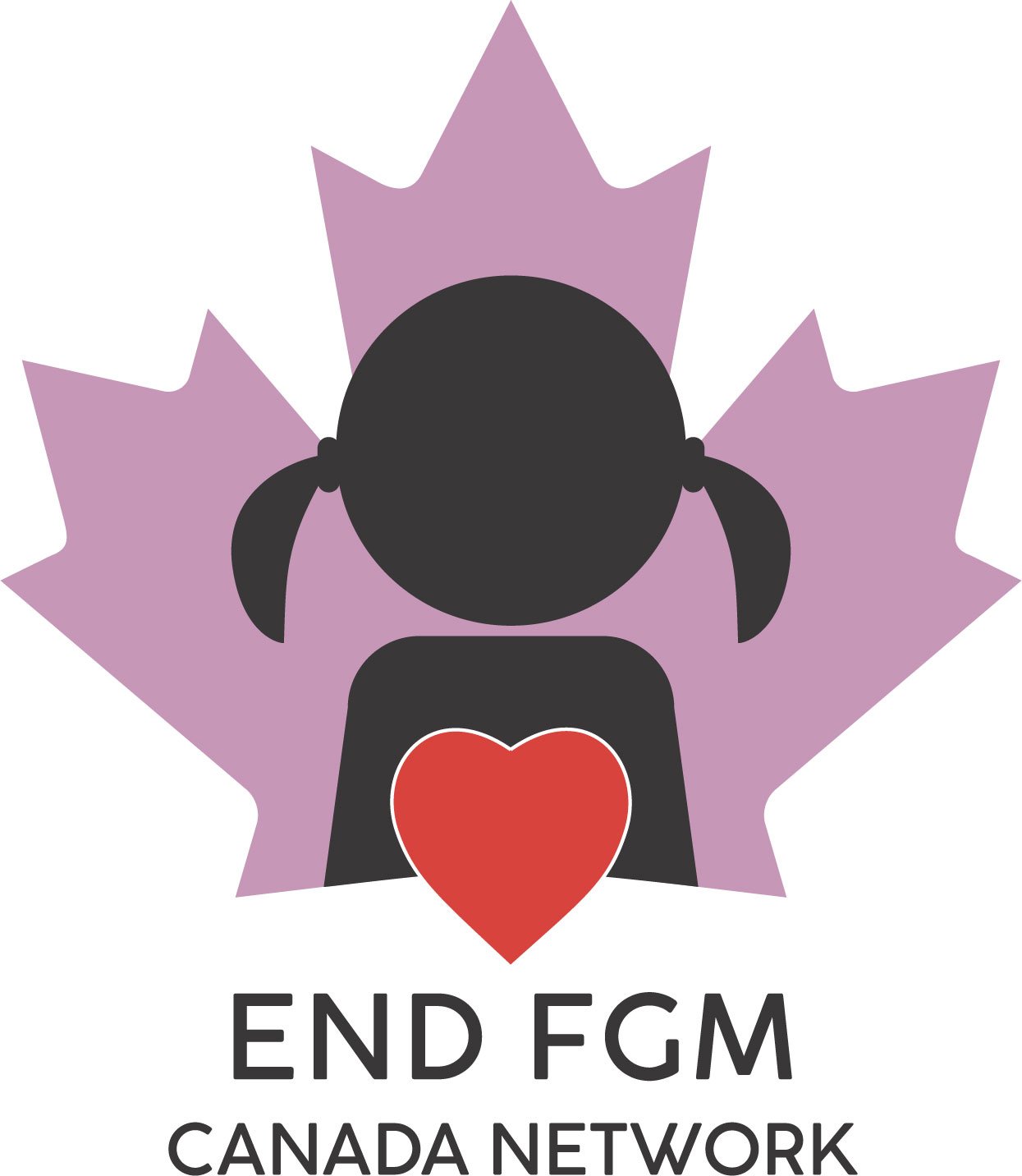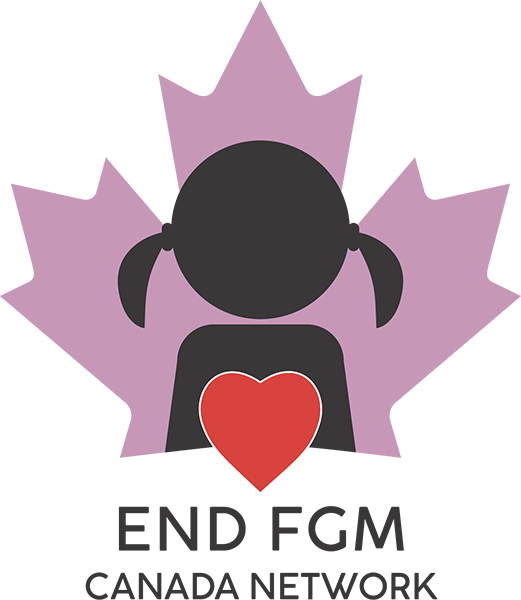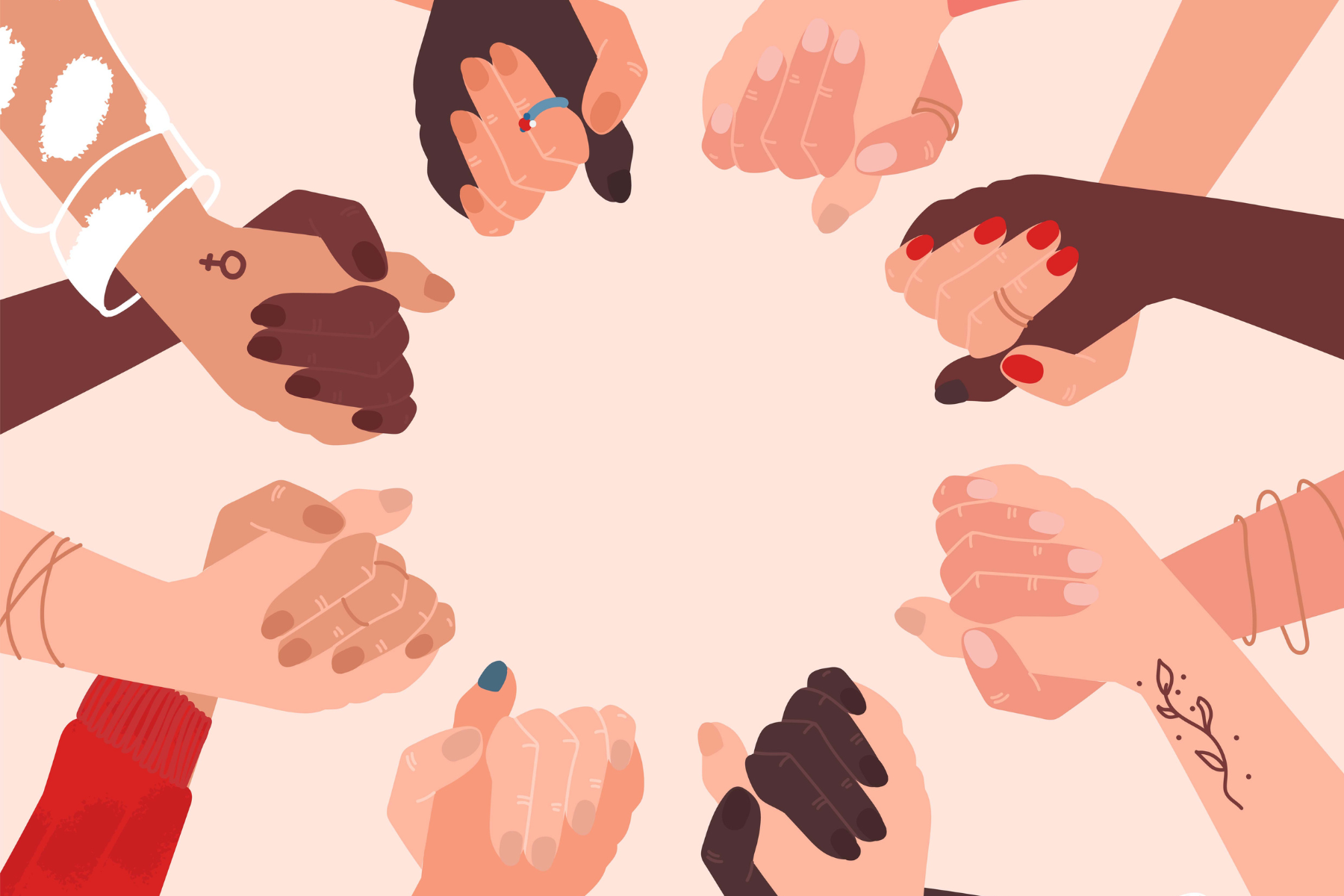
FGM/C Training & Toolkit
The Joining Hands Project
The focus of the Joining Hands Project is to create systems of support for girls in Canada at risk of FGM/C and survivors. Professionals will be trained to spot and protect girls at risk and to give trauma-informed, culturally sensitive care to survivors. In a collaboration between survivors and subject matter experts in the fields of medicine, mental health, education, social work and law enforcement, this project has created distinct trauma-informed, online, interactive training modules for professionals working within FGM/C-impacted communities across Canada.
We identified teachers working with children in grades K-12, medical professionals, mental health professionals, social workers, law enforcement professionals and those working with newcomers as those at the front lines of working with FGM/C survivors and identifying girls at risk. We have created a distinct FGM/C training for each of these groups.
-
If you are interested in having your staff take this training in the form of a webinar please contact Warda Warsame, National Network Coordinator to schedule a training.
-
“I've reviewed the mental health module and I absolutely love how informative it is. I was remembering a bad experience I had with a doctor when I brought my situation to her and would wish she had gone through something like this! “
- Taz Osman, survivor and Managing Director, Hope Freeway———————————————————
“After reviewing the mental health module, I feel comfortable counselling women who have experienced FGM/C!”
- Jess Holtslander———————————————————
“This is a great intro to FGC, it’s so beautifully done. As an academic I look at citations and this was very well cited.”
-Dr Angela Deane, Obstetrician Gynecologist
———————————————————
“How could I not know this was going on? Very informative and educational, I would recommend to not only Canadians but those all over the world.”
-Participant———————————————————
" Very important and timely information for anyone teaching children who are from areas where this is common. We must protect our young girls to the best of our ability. Education and awareness of the issue is the first step."
- Heather McCaig, District Representative, The Alberta Teachers Association———————————————————
“ End FGM Canada provides an easy-to-navigate and robust introductory training to raising awareness on FGM/C globally and in Canada. It is definitely great to take for those who have little to no knowledge of the subject.”
-Participant
——————————————————-
“This was a very comprehensive and easy-to-follow training. The combination of multiple choice questions, videos, downloadable resources and written/ illustrated materials were excellent. All mental health professionals should receive this valuable training!” - Carlyle Jansen, Sex and Relationship Therapist, Registered Psychotherapist (RP)
———————————————————
“Thank you so much for developing these resources. I will make sure to share it with my network. Love the simple language and diversity in how the material is delivered and the diversity and intersectional approach.” - Dunia Azzara, YWCA Canada
———————————————————
“This is a wonderful training; professional, engaging, informative and inclusive. I will recommend it to others. thank you!” - Lysa Toye, Psychotherapist
The following modules are free but we would greatly appreciate a suggested donation of $25 - $50. We are a small national non-profit that needs your support to continue our work with those in Canada impacted by female genital mutilation/ cutting and work towards an end of FGM/C globally. Thank you.
FGM/C TRAINING
Professionals across sectors will be trained to spot and protect girls at risk and to give trauma-informed, training modules for those working within-impacted communities across Canada.
This module is intended for mental health professionals who are trained in trauma therapies and intend to work therapeutically with adult clients who have been impacted by female genital mutilation/cutting (FGM/C).
This module is intended for law enforcement and border services officers who are in a unique position to protect girls and women from female genital mutilation/cutting (FGM/C). You will learn what you can do to help prevent FGM/C, what steps to take if you believe a girl or woman is at risk for FGM/C, and what action to take if you suspect FGM/C has occurred.
This module is intended for social workers and other social services staff who work with individuals who have been impacted by female genital mutilation/cutting (FGM/C). You will learn how to support those who have experienced FGM/C, as well as protect children at risk for FGM/C. The module also provides guidelines for effectively communicating with those impacted by FGM/C and adopting a trauma-informed approach.
This module is intended for educators within the school system who are in a unique position to protect children from female genital mutilation/cutting (FGM/C). Teachers and other staff see children regularly and have the opportunity to recognize and act when a child might be at risk. Further, as an educator in a position of trust, children will often disclose things to you they may not share with other adults. In this module, you will learn how to protect children at risk for FGM/C, respond to disclosures related to FGM/C, and report known or suspected cases of FGM/C.
This module is intended for healthcare professionals (e.g., physicians, physician assistants, medical trainees, nurses, midwives) in Canada who care for those who have undergone female genital mutilation/cutting (FGM/C). The module addresses the context of FGM/C and your role in caring for those with FGM/C, including during pregnancy. You will learn about the health impacts of FGM/C, identifying and documenting FGM/C, defibulation, and other treatments for FGM/C, as well as how to communicate about FGM/C with patients and their families.
Medical Certificate for Female Genital Mutilation/Cutting for Immigration Purposes: What Information Should Be Included?
A Guide For Healthcare Professionals And Social Service Providers
By Annick Legault
ANTI-FGM/C TOOLKIT
The following FGM/C tools were adapted and designed in collaboration with survivors and frontline service providers in Canada and abroad. They were created to equip those working with survivors and girls at risk with the tools and information needed to take action on preventing FGM/C and supporting survivors in Canada.
These tools are best understood and used after completing the FGM/C Foundation Module and subsequent FGM/C modules specific to your profession. If you would like to know more about these tools please contact info@endfgm.ca.
FGM/C Prevention Pamphlet
This pamphlet provides basic information about female genital mutilation, Canadian law, how to protect a girl at risk and where to get help for survivors. This pamphlet is intended for service providers to share with impacted community members. It can also be used as a public education resource.
FGM/C Risk Assessment and Intervention Tool
The aim of this Risk Assessment and Intervention Tool is to protect girls at risk of FGM/C and identify and support girls who have already undergone FGM/C. This is a female genital mutilation/ cutting prevention tool. Although this tool follows child protective services protocol and upholds the Canadian Criminal Code, it is not meant to be punitive, it is meant to be a holistic, trauma-informed prevention tool that respects diverse perspectives and experiences.
• Guidelines for using the FGM/C Risk Assessment and Intervention Tool
• Download the Risk Assessment tool
• How to Use the Statement of Honour
• Download the Statement of Honour
FGM/C Safeguarding Pathways
Collaborating with several diverse frontline service providers, these safeguarding pathways were created to reflect the duty to report pathways for the intended professionals. These safeguarding pathways are to be used as guides and prompts to support protecting girls at risk and survivors of FGM/C.
• Teachers
• Healthcare Professionals
• For Social Workers, Frontline Service Providers & Mental Health Professionals
FGM/C Safety Plan Instructions and Resources
The FGM/C safety planning tool is designed to provide a compassionate and comprehensible guide that empowers girls at risk to make informed decisions about their well-being and gives them agency over their situation.
• FGM/C Safety Plan Instructions and Resources
• Safety Plan for Parents
• Safety Plan for Girls and Women
How to be an ally to women and girls impacted by FGM/C
Walk alongside FGM/C survivors by understand the terminology, learning how to engage in conversation and educating yourself.
Funded By:



















